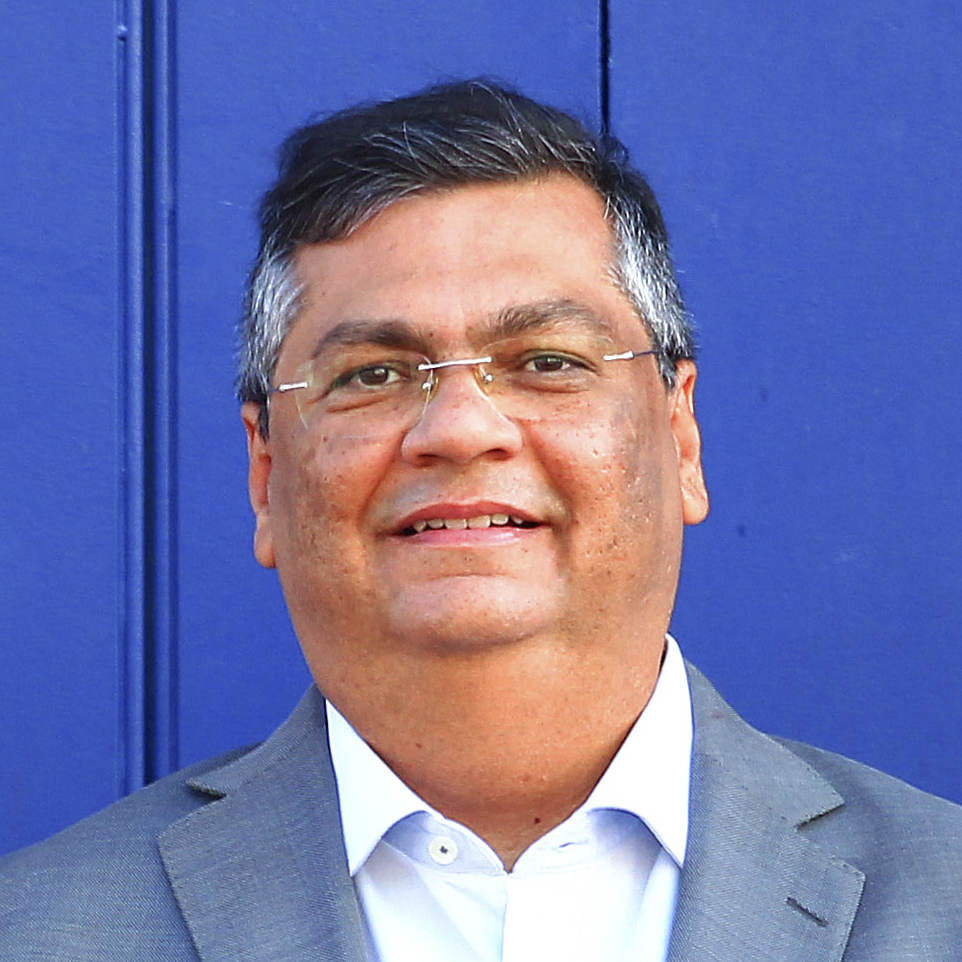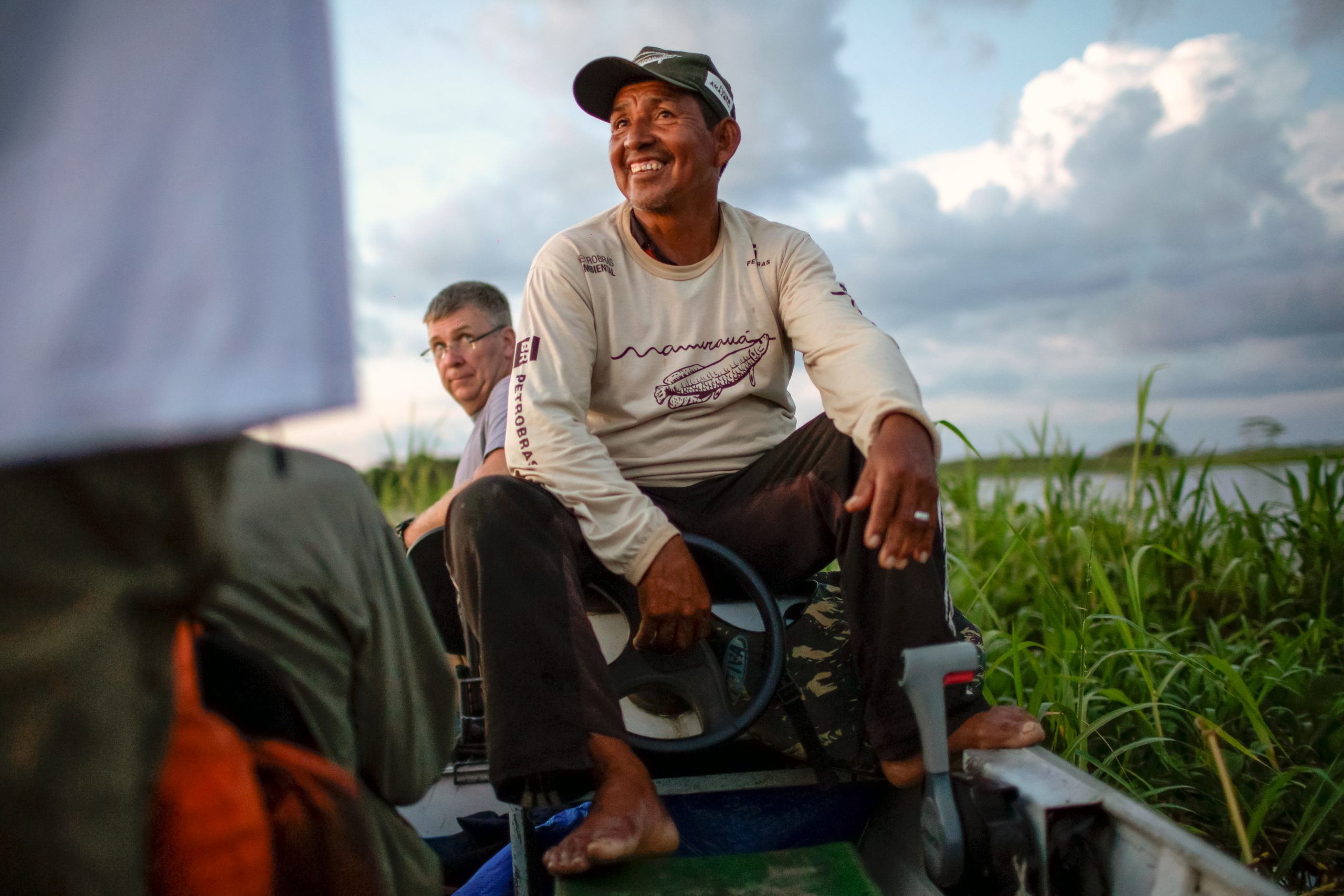This article is part of AQ’s special report on sustainable development of the Amazon | Ler em português
SÃO LUÍS, Brazil – The Amazon is Brazil’s path forward. The region’s nine governors share this vision, even as we recognize the area’s deep paradox. In spite of the immense potential the Amazon’s resources offer, its population registers the lowest human development indicators in Brazil. It has the highest unemployment, the least education and the least access to health care. The COVID-19 pandemic pushed the region over the brink in terms of health care and food access, exposing the Amazon’s endemic inequalities.
Yet we see the Amazon as an opportunity for national development. The region’s strategic resources stand to make it one of the planet’s wealthiest – if there is a thoughtful, planned and coordinated strategy.
Developing a comprehensive, sustainable plan for the Amazon is urgent. We need a transition plan to a green economy that takes into account the region’s existing development framework. Making this transition sustainable means adopting a combination of models for production and habitation that create jobs and income for the population, improve human development indices, and reduce disparities.
Although opinions in Brazil vary, increasingly public and private actors are embracing a low-carbon development approach. Yet interruptions to environmental policies and challenges with deforestation and illegal fires end up undermining Brazil’s credibility when it comes to handling greenhouse gas-related issues. Still, we recognize that the more control Brazil has over the region, the greater our ability to implement a development strategy that recognizes the Amazon’s significance to Brazil and the world. To this end, we welcome international efforts aimed at mobilizing public and private resources to protect the rainforest while respecting Brazil’s sovereignty.
To help overcome these challenges, the Amazon Interstate Consortium for Sustainable Development, led by the region’s nine governors, has developed a plan. Called the Green Recovery Plan for the Amazon (GRP, or PRV in Portuguese), it offers a comprehensive approach to the region’s economic and environmental problems. It also reinforces the consensus calling for a regional, green economy.
We will recruit our universities, public agencies, businesses and institutions. We will attract national and international investments. We will operationalize the Payment for Environmental Services process already approved by Congress. These efforts fall into three thematic areas: 1) innovation and technology; 2) urban and rural infrastructure; and 3) production and tourism. The first area addresses projects related to biotechnology, pharmaceuticals, and the monitoring of deforestation and fires. The second focuses on expanding infrastructure to boost digital access and electronic businesses; preserving and decontaminating rivers; decentralizing the availability of goods and services, and transportation. The third sector will encompass initiatives ranging from family agriculture and regional product certification processes to ecotourism.
The GRP’s success will depend on our ability to attract a range of sectors and to catalyze domestic and international institutions engaged in climate-change mitigation, transforming the biome’s potential into our greatest ally.
To ensure the Brazilian Amazon continues providing the planet with climate security, we are adopting a collaborative approach based on open dialogue where all parties win. We lament misguided positions that sometimes confuse the legitimate defense of national sovereignty with environmental irresponsibility. We also reject sanctuary conceptions of the forest that call for removing people from the environmental debate, perpetuating social injustices and denying rights.
We know this is no small challenge. Still, the current international landscape favors better climate-related global governance. The resulting cooperation must take into account local, national and global needs to both develop and preserve the Amazon rainforest.
Brazil’s future is tied to the Amazon’s. The region’s governors see the GRP as part of their constitutional responsibility to defend and preserve the environment for present and future generations.





